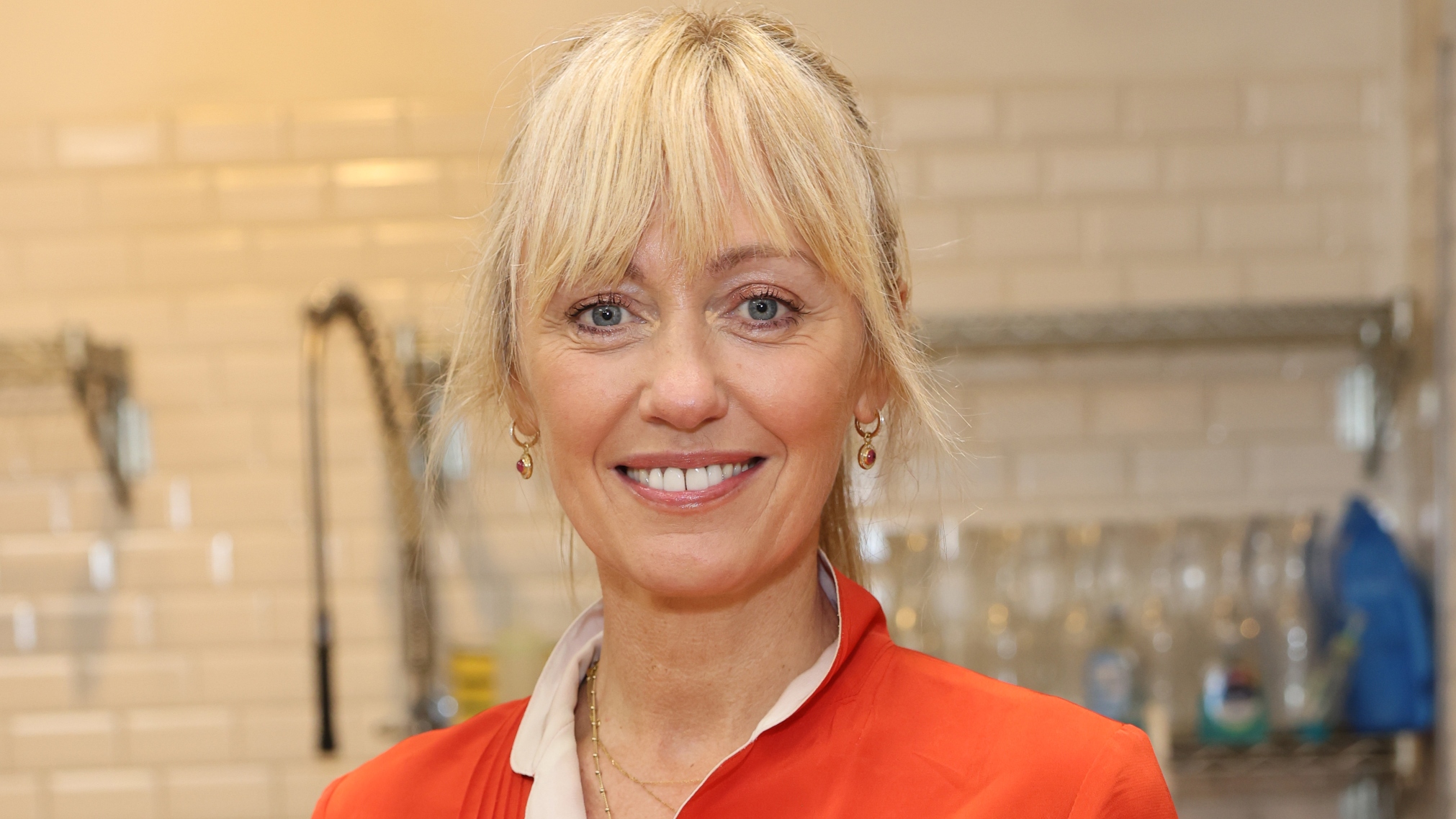A third of all midlife people have one of these chronic health conditions
A new study has found that one in three middle-aged people in Britain suffer from at least one chronic health issue


Chronic health issues affect one-third of middle-aged British adults, a new study has found.
About one-in-three people aged 46-48 suffer from ongoing health conditions, according to a survey conducted by the 1970 British Cohort Study.
The study, which tracked 17,000 individuals in England, Scotland, and Wales over the course of a single week, revealed that the majority of its participants reported at least one health issue—with 34% experiencing two or more ailments.
The most commonly reported problem was high-risk drinking, a behavior seen in 26% of people. Often referred to as binge drinking, overconsumption of alcohol is linked to a host of physical and mental health issues—including high blood pressure, anxiety, and depression. While it can be hard to tell if you have a drinking problem, a warning sign to look out for is regularly exceeding the recommended alcohol limits (no more than 14 units a week).
You might also like...
How to fall asleep fast—five speedy sleep techniques the experts swear by
Recurrent back problems were the second most commonly reported health issue, affecting 21% of those surveyed. About 10 million people battle persistent lower back pain in Scotland and England, while 8 in 10 will have at least one lower back pain attack over their lifetimes.
Mental health problems were also heavily reported, with 19% of participants suffering from long-term psychological issues. High blood pressure was the fourth most common complaint, affecting 16% of those surveyed. Asthma, arthritis, and Type 2 diabetes were also featured in the study.
The study's lead researcher, Dr. Dawid Gondek, was concerned by its findings, which highlighted a worrying prevalence of poor health in "relatively young" people.
Sign up for the woman&home newsletter
Sign up to our free daily email for the latest royal and entertainment news, interesting opinion, expert advice on styling and beauty trends, and no-nonsense guides to the health and wellness questions you want answered.
"A substantial proportion of the population are already suffering from multiple long-term physical and mental health problems in their late 40s," he told the BBC.
"It is not a good prospect for an aging population that you can expect to live longer but many in poor health."
While it may not be possible to completely heal these issues, there are plenty of simple ways to reduce their symptoms. Eating a nutritious diet, avoiding tobacco, and limiting your alcohol intake are all proven techniques to boost your overall health and increase your lifespan.
Regular exercise, which is linked to lower blood sugar and blood pressure levels, is another key component in maintaining a healthy lifestyle. From HIIT treadmill workouts to walking for weight loss, there's plenty of options when it comes to getting active.

Hailing from the lovely city of Dublin, Emma mainly covers the Royal Family and the entertainment world, as well as the occasional health and wellness feature. Always up for a good conversation, she has a passion for interviewing everyone from A-list celebrities to the local GP - or just about anyone who will chat to her, really.
Emma holds an MA in International Journalism from City, University of London, and a BA in English Literature from Trinity College Dublin.
-
 Kate Middleton and Prince William will spend 14th anniversary in place that holds both 'happiest' and 'saddest' memories
Kate Middleton and Prince William will spend 14th anniversary in place that holds both 'happiest' and 'saddest' memoriesJust like King Charles and Queen Camilla, the Prince and Princess of Wales will mark their wedding anniversary away from home this year.
By Emma Shacklock
-
 Clodagh McKenna’s olive green Zara trousers are under £60 - this springtime essential will get you ditching your jeans
Clodagh McKenna’s olive green Zara trousers are under £60 - this springtime essential will get you ditching your jeansJeans will always have a place in our wardrobe but a great pair of tailored trousers makes a lovely change and can be equally versatile.
By Emma Shacklock
